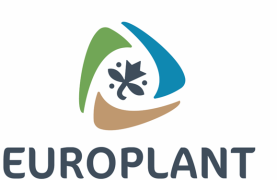Potatoes are vital in ensuring food security and economic stability, particularly in developing regions. The present study on sustainable potato farming in the Northeast Indian Himalayan region examines socio-personal attributes, farming practices, and their implications for sustainability. Most farmers (76.2%) were middle-aged (35–55 years), with moderate education and marginal landholdings (< 1 ha, 58.5%). Medium landholding farmers (72.3%) effectively utilized information sources, while scientific orientation and knowledge towards sustainable practices were moderate for 62.7% and 68.5% of farmers, respectively. Despite an average productivity of 14.58 metric tons per hectare, limited extension contact (49.6%) and low social participation (80.2%) hinder broader adoption of sustainable practices. Economic analysis showed that large farmers achieved the highest annual income (Rs. 285,770.4), while semi-medium farmers earned the most from potato cultivation (Rs. 55,739.9). Marketing predominantly favoured direct farmer-to-consumer sales (39.8%). A sustainability index of 62.9% underscores moderate regional sustainability, with social factors playing a critical role. SEM analysis identified income and market access as dominant drivers, highlighting the need for integrated approaches balancing economic resilience, environmental stewardship, and social equity. Sustainable practices, including water conservation, post-harvest loss reduction, and integrated pest management, align with SDGs 6, 13, and 15. Targeted interventions (subsidies for eco-friendly inputs, enhanced extension services, and capacity-building programmes) are essential for improvement. Value chain analysis revealed diverse allocation patterns, emphasizing immediate market sales (33.2%) and off-season storage (10.3%). Addressing inefficiencies in post-harvest management and enhancing market access will strengthen the region’s contribution to achieving SDGs and improving sustainability in potato farming systems.
Full publication URL















